Cut Sweets to Protect Your Heart.
 This week, the American Heart Association (AHA) finally weighed in on sugar in its scientific statement, “a worldwide pandemic of obesity and cardiovascular disease have heightened concerns about the adverse effects of excessive consumption of sugars.”
This week, the American Heart Association (AHA) finally weighed in on sugar in its scientific statement, “a worldwide pandemic of obesity and cardiovascular disease have heightened concerns about the adverse effects of excessive consumption of sugars.”
While teens (14 to 18 year olds) had the highest sugar intake at more than 34 teaspoons a day, we’re not just talking about kids here. The national average is more than 22 teaspoons a day!
Over the past 30 years, the average American has added between 150 to 300 more calories to their daily diet, much of that in sugary drinks. Since 1970, Americans’ daily per-capita soft drink consumption has jumped 70 percent.
AHA researchers recommend no more than 100 calories a day for women and 150 calories daily for men from “added” sugars. That translates to about 6 teaspoons of sugar for women and 10 teaspoons for men.
“Sugar has no nutritional value other than to provides calories,” says Rachel K. Johnson, PhD, MPH, RD, who chairs the AHA Nutrition Committee. When sugar is added to low-fat foods to make them more palatable, these extra carbs can raise triglyceride levels, a risk factor for heart disease.
AHA investigators point to a growing body of research linking sugar to high blood pressure, high blood sugar levels, lower insulin sensitivity, and more abdominal fat. Other research links increased sugar consumption with chronic inflammation and oxidative stress, heightening the risk not only for cardiovascular disease and Type 2 diabetes but also arthritis, cancer, and other debilitating conditions.
The AHA isn’t just talking about the regular table sugar you pour into your coffee or sprinkle over your cereal. They mean all forms of sugar: barley malt, corn syrup (especially high-fructose), date sugar, dextran, dextrose, diastaste, fructose, glucose, golden sugar, honey, invert sugar, lactose, malt syrup, maltodextrin, maltose, mannitol, raw sugar, refiner’s sugar, sorbitol sorghum syrup, sucrose, and other sugary sweeteners manufacturers add to processed foods.
Dr. Ann Louise’s Take:
It’s about time that mainstream medicine recognized the dangers of sweets, especially after endorsing sugary cereals and low-fat (and sweetened) manufactured foods for decades. Actually, I think even six teaspoons of added sugar is way too much. The human body needs only about two teaspoons in the bloodstream at any one time, easily achieved from fruits and veggies. Avoiding sugar is the easiest, safest, long-term way to stay slim and healthy, as well as stall the aging process.
If these new guidelines only make you crave a hot fudge sundae all the more—think fruit instead. The natural sugars in fresh fruits that are so delectable this time of year (juicy melons, pineapple, kiwis) and even vegetables (sweet, crisp jicama, corn-on-the-cob, red peppers) deliver healthy fiber, which contributes to satiety, plus a host of antioxidants and immune-enhancing phytochemicals you won’t find in refined sugars. For other ways to lick your sugar habit and satisfy your sweet tooth read Get the Sugar Out.
The white stuff is a big time immunosuppressant, proven to lessen the germ-killing activity of white blood cells up to five hours after ingestion, reduce antibody production, interfere with transport of vitamin C (important to all facets of immune function), and neutralize the action of essential fatty acids. That’s why I recommend the probiotic sweetener Flora-Key available from Uni Key Health. One to two teaspoons per day adds good-for-you sweetness to iced tea, cereal, smoothies, cream cheese frostings, and sweet and sour dips—along with 6.5 million beneficial bacteria to fight chronic disease and crowd out toxins that inhibit your ability to lose weight.
Sources:



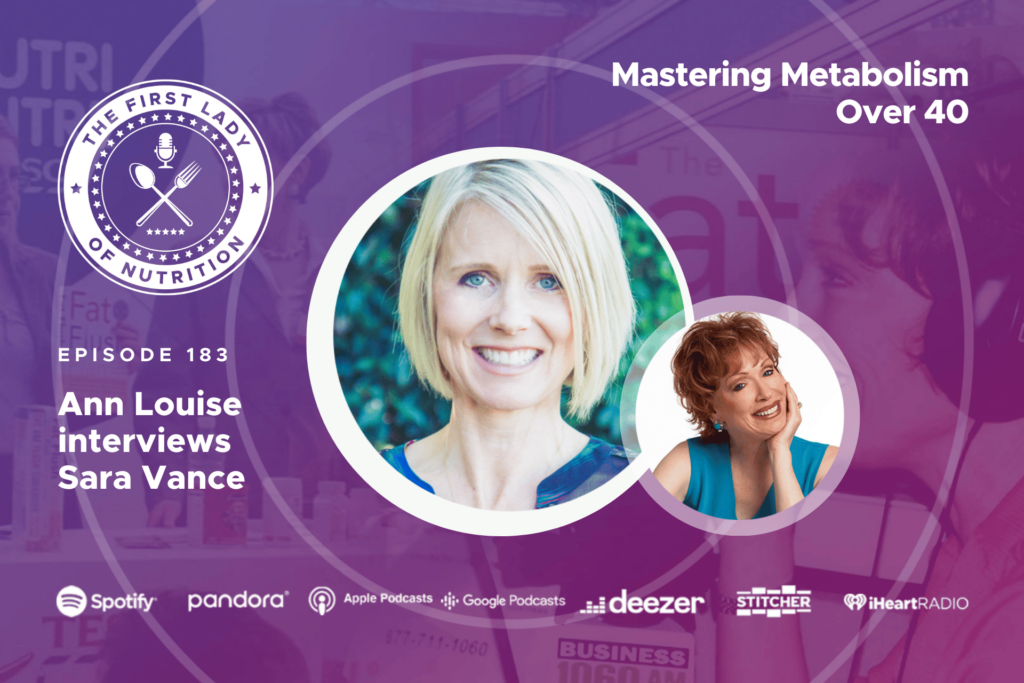



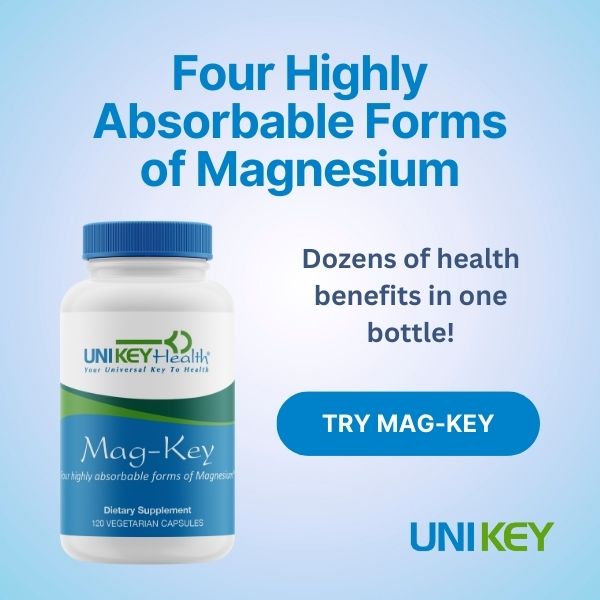
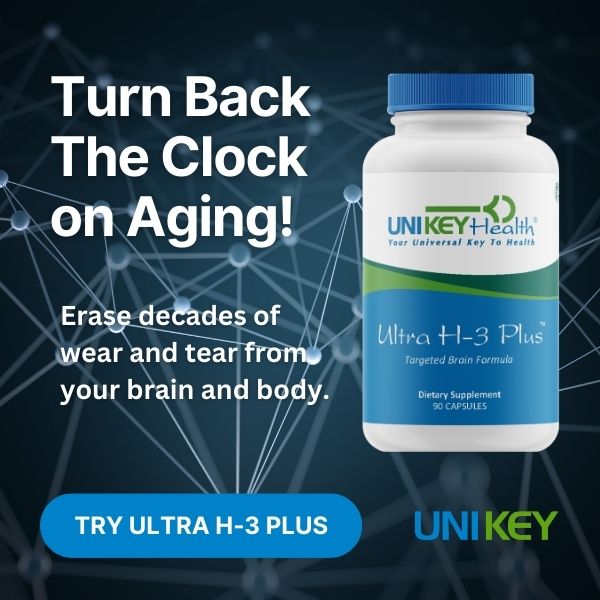
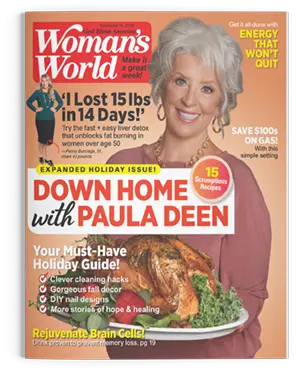
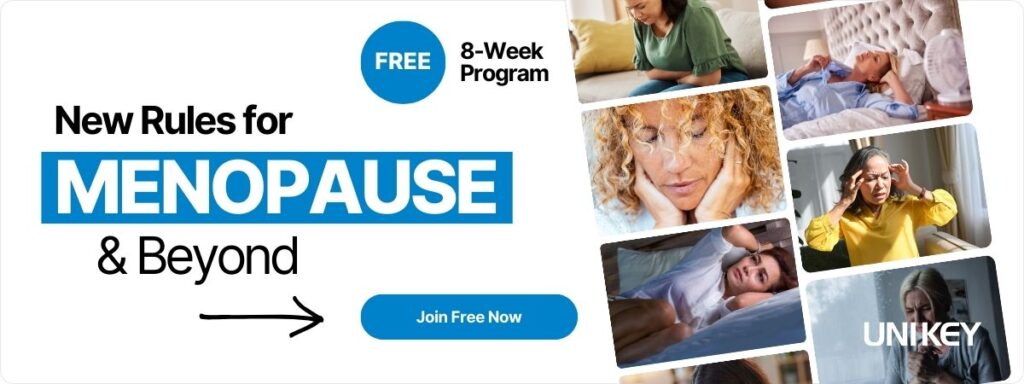
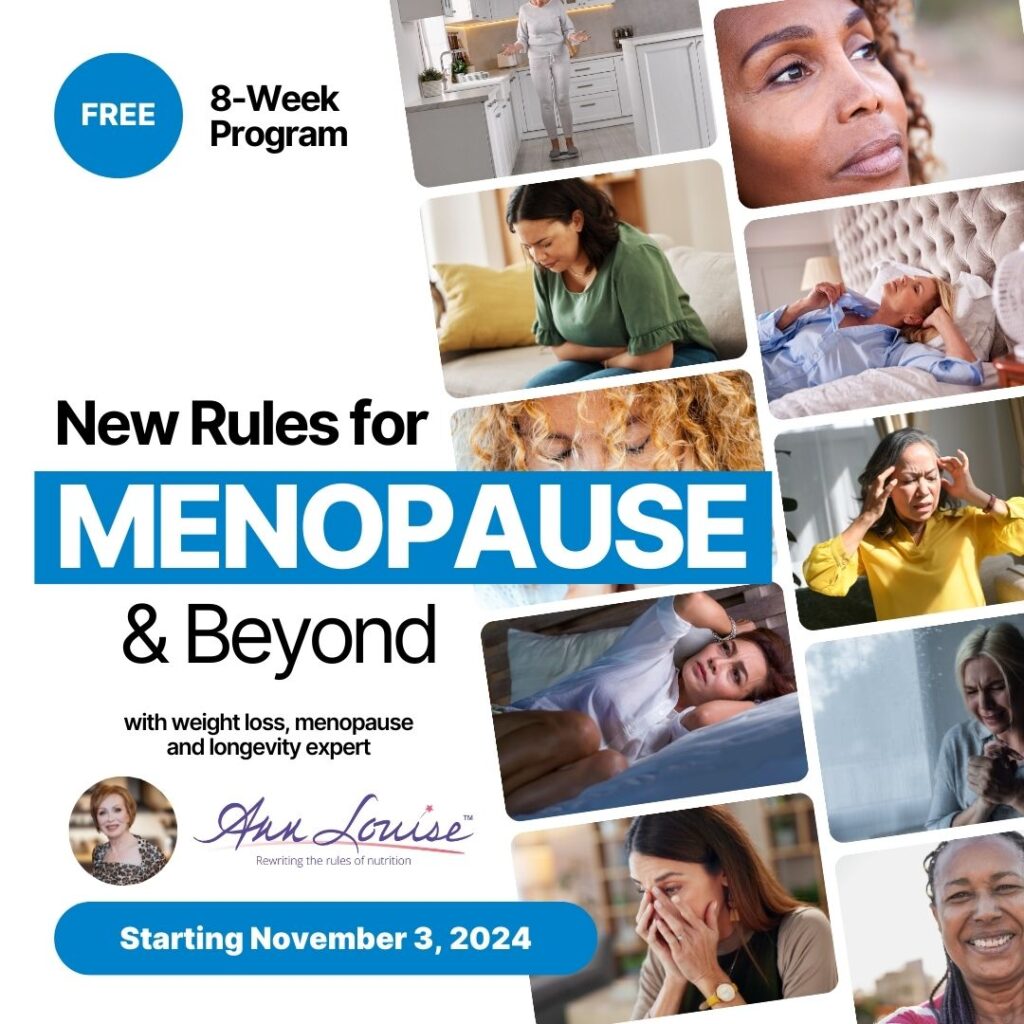
7 Responses
I have very dry skin,what can i doi need help.
Ann Louise I thought for sure you would mention Stevia as a sugar substitute. Why not? Do you think Flora Key is better than Stevia products? If so, Why?
Dorothy: Dry skin? Try two essential fatty acids: EPA/DHA and GLA. My patients use the Ultra EPA and GLA-90s. They take 2-4 Ultra EPA and 4-8 GLA-90s.
Judy: Flora Key is the preferred natural sweetener because you get a two for one punch: probiotic activity for your immune system and natural sweetening for your sweet tooth.
I thought Flora-Key was just a probiotic. I had no idea you could use it as a substitute for sugar…cool. I didn’t think it tasted sweet though.
Ann, love this blog…very interesting!
Are the brown spots we get on us sometimes due to poor liver function? If so what should we do to improve our liver? Is there a certain diet to follow?
Ann my niece had a bad allergic reaction to taking just a little bit of Benedryl..the emergency room wanted to give her steroids but her son & mother have had really bad reactions to steroids so she would not take that..is there a natural alternative for benedryl?
Dear Friends:
I would love to answer each and every single one of your queries, as I have done to the best of my ability, in the past. The popularity of this Blog has grown to the extent that I can no longer provide that service but I am in the planning stages of an Internet – TV show where you can call in and get those questions answered by me in person! Please stay tuned for this exciting development. I first must complete a new manuscript and then will make some exciting announcements. In the interim, may I suggest that if you have questions about products, call UNI KEY at 1-800-888-4353. The folks there are helpful and will direct you accordingly. If you are concerned about a particular health condition, then by all means check out the Testing Kits on my site which will help you to determine underlying causes. Thank you so much for your enthusiasm and interest!